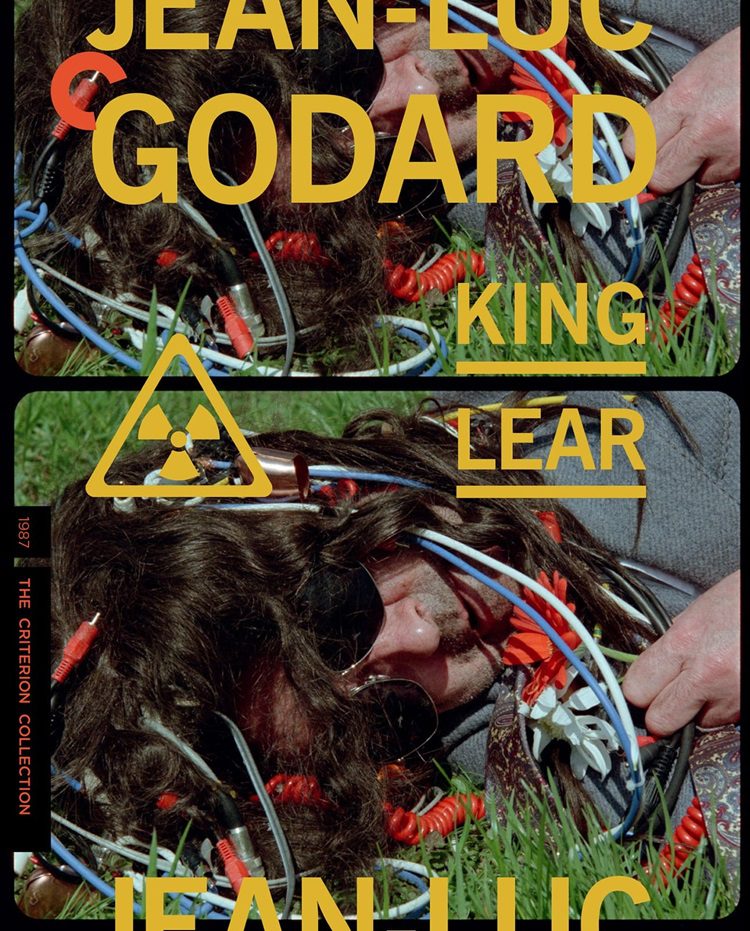
The late, legendary French New Wave filmmaker Jean-Luc Godard (1930-2022) was one of the cinema’s greatest rule-breakers. He never followed the standards of film logic. He was always reinventing himself with every film he made. His films are virtually plotless, offering ingenious style over substance rather than narrative subtlety.
Buy King Lear (1987) Criterion Collection Blu-rayKing Lear, his 1987 “anti-adaptation” of Shakespeare’s masterpiece (and his first English-language feature), is definitely one of his most baffling, is exacting and is endlessly fascinating. The “plot” takes place in a post-Chernobyl world where culture seems to have destroyed forever. William Shakespeare Jr. the Fifth (a marvelous turn by theater director Peter Sellars) attempts to restore his famous ancestor’s play. His quest leads him to a hotel where he encounters an old gangster (a crazed Burgess Meredith) and his daughter Cordelia (a sublime Molly Ringwald). He also runs into an eccentric professor (Godard himself) and a warped director (Woody Allen in an ending cameo), as the film-within-a film languishes ideas about art, death, filmmaking, and culture in an egregious world.
Also starring Julie Delpy, Norman Mailer and his daughter Kate, filmmaker Leos Carax, David Warrilow, and Michele Pelin, among others, everyone in the film is self-aware without winking at the camera. They all play characters that aren’t really characters, but as figments of will in order to give the viewer a reason to try and decipher the overall puzzle that the film showcases.
Godard was a deliberate and often delightfully childish prankster who fooled the audience into thinking that they were watching one film but ultimately discover a new one. With King Lear, he dared you to really think far outside the cinematic box. It’s a highly divisive watch, but those who love to be challenged, it should provide a bold and resonate journey into the limitless possibilities of what film can really bring.
Criterion’s decent offering of supplements include an audio interview from the 1987 Cannes Film Festival press conference with Godard; and new interviews with film critic Richard Brody, Sellars, and Ringwald. There is also a great new essay by Brody.